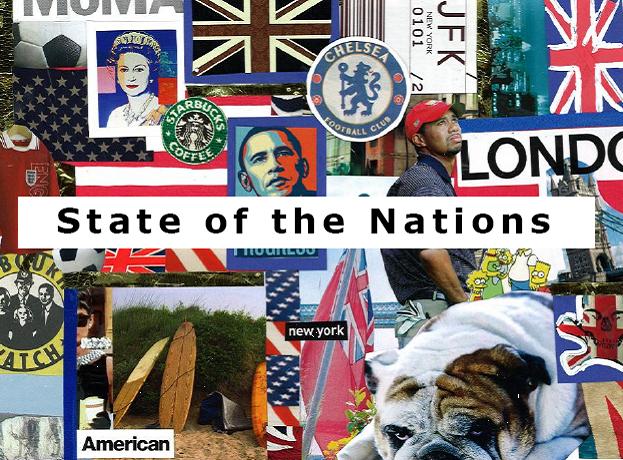Tuesday, 4 October 2011
Raconteur's Rhetoric
Monday, 7 March 2011
U-Turn If You Want To...
For a party so keen to be associated with strength that their logo features a mighty oak, the current Conservatives are proving to be a surprisingly bendy batch of Blues. Following on from reversed decisions on school sports funding, NHS Direct and the Booktrust programme, Environment Secretary Caroline Spelman was next to crunch the gears as she announced the scrapping of widely criticised plans to privatise state-owned forests in the UK, in the face of quite considerable public opposition. A sign of weakness to some, perhaps. But as Spelman's open and apologetic statement showed, the political U-turn does not need to mean political suicide – and Labour would do well to remember it.
Indeed, U-turns are fast becoming one of the coalition's stronger points. With all parties squabbling over who best represents the ‘new politics’, being seen to have listened to the public’s demands over policy is no bad thing – particularly when a couple of flagship concessions helpfully distracts attention from other, more fundamental, changes. By framing such strategic sidesteps as part of a wider public consultation, the government can present itself as mature and in tune with its people, who in turn feel empowered by their contribution to the debate. The accusation that greater care should be taken before such ill-thought policies are published is a strong one – and in part, the Coalition is simply hedging its bets here – but ultimately, this is government acting as most people would wish: respondent to public pressure, unafraid to accept its failings and happy to think again.
All of this makes being in opposition tricky. The temptation, particularly after 13 years in power, is to gloat over what they know to be difficult decisions. There are subtler points to be scored for Labour, however. The U-turns themselves should be praised; the ideology behind the original policies should not. Labour must make the case that every decision reversed by the government is an argument won by the opposition – while simultaneously criticising the direction of a political compass that could make such decisions in the first place. Winning the argument with the public is the key to any election. With that in mind, Labour must take heart with every Conservative climbdown and recognise that increasingly, it is they who are giving the public what they want – however the government tries to portray it.


